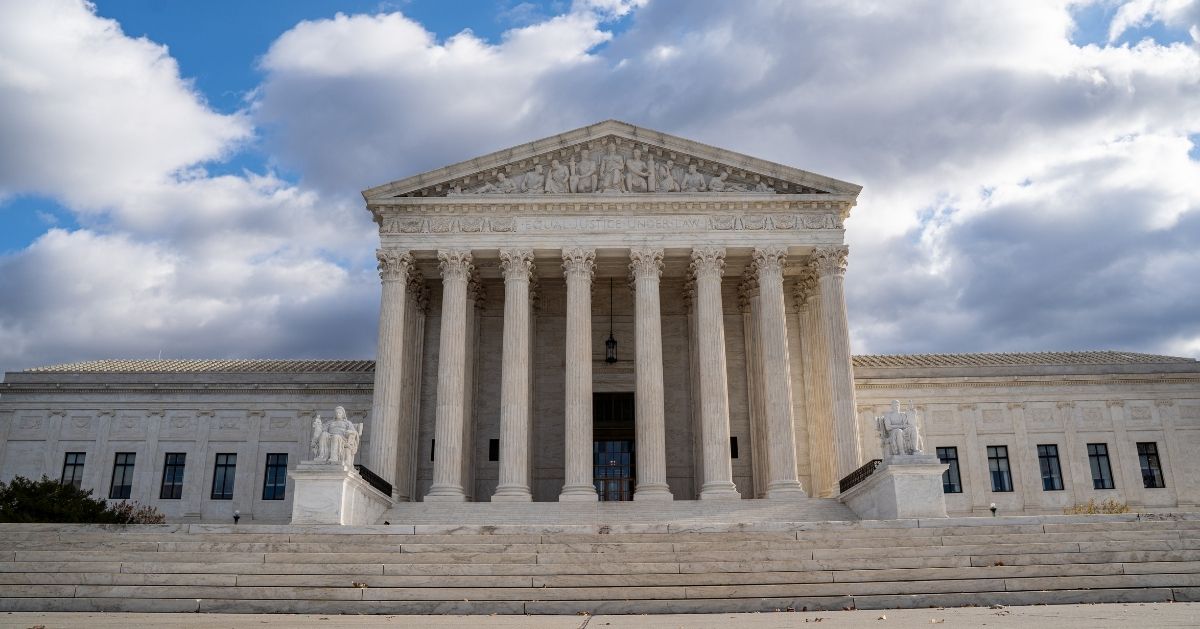The dialogue began after Trump suggested during a conversation with Canadian Prime Minister Justin Trudeau at Mar-a-Lago that Canada could become a new state of the United States. This radical idea emerged during talks aimed at addressing issues such as illegal immigration and drug trafficking across the U.S.-Canada border.
Trump's Threat of Tariffs Sparks Controversial Proposal
Amid these discussions, Trump warned that he would impose a hefty 25 percent tariff on Canadian imports unless these issues were promptly tackled. He reportedly proposed the idea of statehood after mentioning these potential economic sanctions, which he claimed were necessary to combat economic losses caused by unfair practices by Canada.
According to sources, Trudeau responded to the tariff threat by highlighting the dire economic consequences such tariffs would have on Canada. In this tense atmosphere, Trudeau and other attendees nervously laughed at Trump’s statehood suggestion, signaling the unexpected nature of the comment.
Sanders Shows Conditional Support for Statehood
Senator Sanders, an Independent known for his progressive stances, took to social media to comment on Trump’s proposal. He indicated that if Trump’s suggestion meant the U.S. could embrace key aspects of Canadian governance such as universal healthcare, lower pharmaceutical costs, and overall reduced healthcare expenditure, then he was in support of the idea of Canadian statehood.
"Trump has suggested that Canada become the 51st state in our union," Sanders posted on social media platforms. He followed this by questioning if this transition would allow the U.S. to adopt beneficial Canadian health policies. "I'm all for it," he concluded, underlining his approval but firmly tying it to specific reforms.
Impact of Trump's Proposed Tariffs on Trade
Experts have sounded alarms over the potential repercussions of Trump’s threatened tariffs, suggesting severe impacts on trade between these neighboring countries. Key Canadian exports to the U.S. include crude oil, cars, and machinery, with more than 75% of Canadian exports destined for the U.S. market.
The economic interdependencies between the U.S. and Canada intensify the stakes of any disruptive trade policies such as those proposed by Trump. Analysts caution that the tariffs could backfire, harming industries and workers on both sides of the border.
Trump Continues Dialogue on Social Media
Even after the initial discussions at Mar-a-Lago, Trump continued to engage the public on this topic. He took to Truth Social to post a computer-generated image of himself draped with a Canadian flag, captioned "Oh Canada!" This post is seen as a furtherance of his agenda on the matter, using his typical blend of media savvy and provocative commentary to stir public and media discourse.
While the suggestion has sparked a wide range of reactions, from disbelief to cautious analysis, it highlighted Trump’s unconventional approach to diplomacy and governance. The proposal has also stirred discussions about the possible political and cultural ramifications of such a significant alteration to national boundaries and identities.
Bernie Sanders's Vision for U.S.-Canadian Integration
Sanders's comments reflect his broader vision of integrating beneficial international practices to enhance U.S. domestic policies. His stance is that adopting Canadian-style healthcare could be a significant benefit of such a drastic political move, aligning with his long-standing advocacy for healthcare reform in the U.S.
This episode illustrates the complex interplay of domestic policies and international relations, capturing the attention of both U.S. citizens and their northern neighbors in Canada. As discussions continue, it remains to be seen how serious Trump’s proposal is and whether it could lead to real negotiations in the future.

